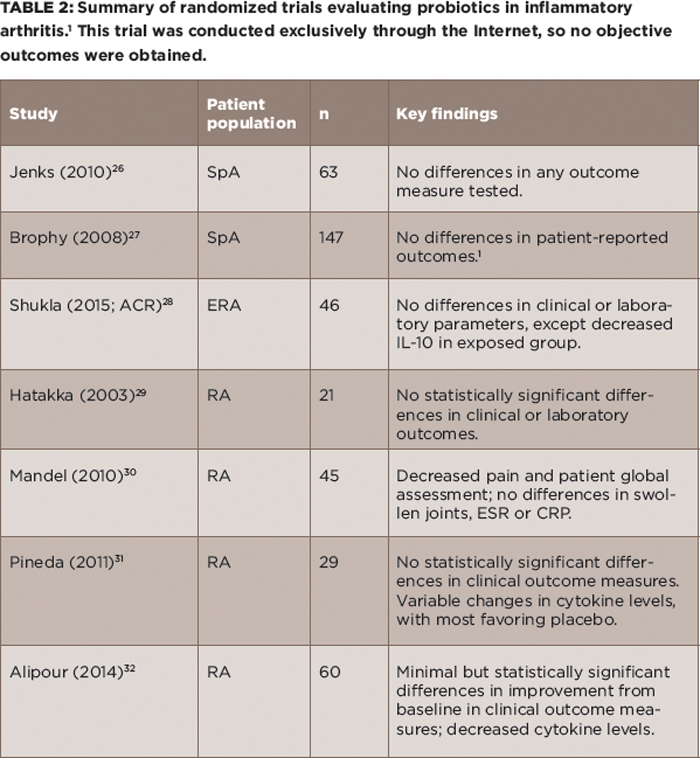It turns out that having a highly diverse intestinal microbiota appears to be of benefit in multiple contexts. For example, decreased alpha diversity has been observed in a variety of disorders, including the intestinal microbiota in obesity, irritable bowel syndrome, psoriatic arthritis and IBD; as well as the skin microbiota in psoriasis, vitiligo and atopic dermatitis.16-22 Although cross-sectional studies do not distinguish cause from consequence, two prospective studies have demonstrated that abnormal diversity may be a poor prognostic factor. One of them was an offshoot of a longitudinal study of children in The Environmental Determinants of Diabetes in the Young (TEDDY) database consisting of young children identified as being at increased risk of diabetes based upon their HLA types. Serial stool samples were obtained from asymptomatic high-risk children, with the results showing that alterations in the microbiota—including decreased alpha diversity—were observed prior to the onset of diabetes, such that there was a clear differentiation between these children compared with controls from the TEDDY study who did not develop diabetes.23 Also, a prospective study evaluating the role of the microbiota in 80 subjects undergoing allogeneic stem cell transplantation revealed three-year survival rates of 36%, 60% and 67% among subjects with baseline diversity levels characterized, respectively, as low, intermediate or high.24 To assess the possibility that low diversity was simply a marker for general ill health, the authors adjusted for a variety of predictors, including the following: age, morbidity, the underlying disease and the nature of the conditioning regimen; here again, low-diversity microbial populations emerged as independent predictors of mortality.
Why is having such a diverse microbiota beneficial? There is no definitive answer to this question. However, it may pertain to the functional potential of the microbiota. As noted above, the human intestinal microbiota contains over 3 million genes, many of which can affect various aspects of human physiology, including nutrition, drug metabolism and bile acid recirculation. Decreased diversity at the taxonomic and genetic level may result in decreased diversity at the metabolic level as well.
As an illustration, we performed whole genome sequencing of fecal microbiota plus fecal water metabolomics analyses on a set of children with ERA/JIA and healthy controls. In the ERA/JIA patients, we identified decreased alpha diversity, decreased abundance of genes coding for known metabolic pathways and decreased fecal metabolites.25 The precise association between these findings and disease awaits further exploration, however.


